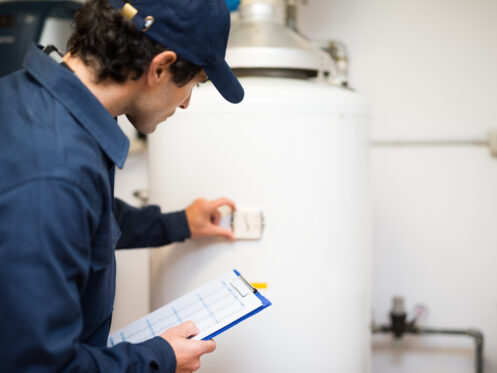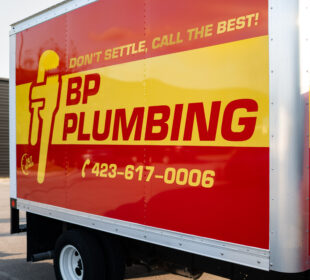Do you have an old water heater that needs replacing? Water heater technology has advanced significantly in recent years, offering you a wide range of options to choose from. But with so many choices, it can be hard to know which one is the best fit for your home. That’s why we’ve created this guide—to help you understand the different types of water heaters and weigh the pros and cons of each.
An Overview of the Different Water Heater Options
Many people assume all water heaters are pretty much the same, but that’s far from true. When you think of a water heater, the traditional tank-style unit probably comes to mind first. However, that’s just one of several options available today. Even among tank models, there are differences—such as whether they use gas or electricity—which affect energy efficiency, operating costs, heating speed, and more.
Tankless water heaters have become increasingly popular because they are compact and space-saving compared to traditional tank heaters. What makes them unique is that they don’t store hot water. Instead, they heat water on demand as it flows through the unit. Cold water passes through pipes surrounded by gas heat exchangers or electric heating elements, warming up quickly to your desired temperature before reaching your faucet or shower.
Another emerging choice is the electric heat pump water heater. Unlike standard models that generate heat directly, these units transfer heat from the surrounding air into the water, working somewhat like an air conditioner in reverse. A fan pulls warm air over an evaporator coil containing cold refrigerant. As the refrigerant absorbs heat, it becomes hot and is compressed further to increase its temperature. This heat is then transferred to the water in the tank through a series of coils, efficiently warming your water while using less energy.
Pros and Cons of Tank Water Heaters
The biggest advantage of tank water heaters is their lower upfront cost—they tend to be the most affordable option. Electric tank models usually have the lowest installation cost but tend to have higher energy bills over time. Gas tank heaters heat water faster and use less energy but generally have a shorter lifespan. On average, gas units last between 8 to 12 years, while electric units often last 12 to 15 years.
A key drawback of tank water heaters is that you can run out of hot water once the tank is depleted. After that, you’ll typically need to wait anywhere from 30 minutes up to two hours for the tank to refill and heat the water again.
Pros and Cons of Tankless Water Heaters
Tankless water heaters offer high energy efficiency and the convenience of endless hot water—you won’t have to worry about running out. These units also have the longest lifespan among water heaters, often lasting 20 years or more.
However, a common downside is a longer lag time before hot water reaches your faucet or shower. This delay usually lasts around 20 seconds but can extend up to one or two minutes during colder months or if the water heater is located far from the fixture.
Pros and Cons of Heat Pump Water Heaters
Heat pump water heaters are among the most energy-efficient options, especially when installed in areas that don’t get too cold. Many models are hybrid units that include electric heating elements, similar to traditional electric tanks. If the electric elements run frequently, your energy costs may be higher than with a tankless water heater.
The main drawbacks are that heat pump water heaters can be relatively expensive to purchase and usually last up to about 15 years. Additionally, their tanks can corrode over time and face similar risks of leaks or ruptures as standard tank models.
Making the Right Choice
Choosing the best water heater depends on your priorities, household hot water needs, and budget. If you’re unsure which option fits you best, the team at BP Plumbing is here to help. We offer a wide variety of water heater models and ensure proper installation.
Contact us today to explore your options or schedule any other plumbing services you may need.



